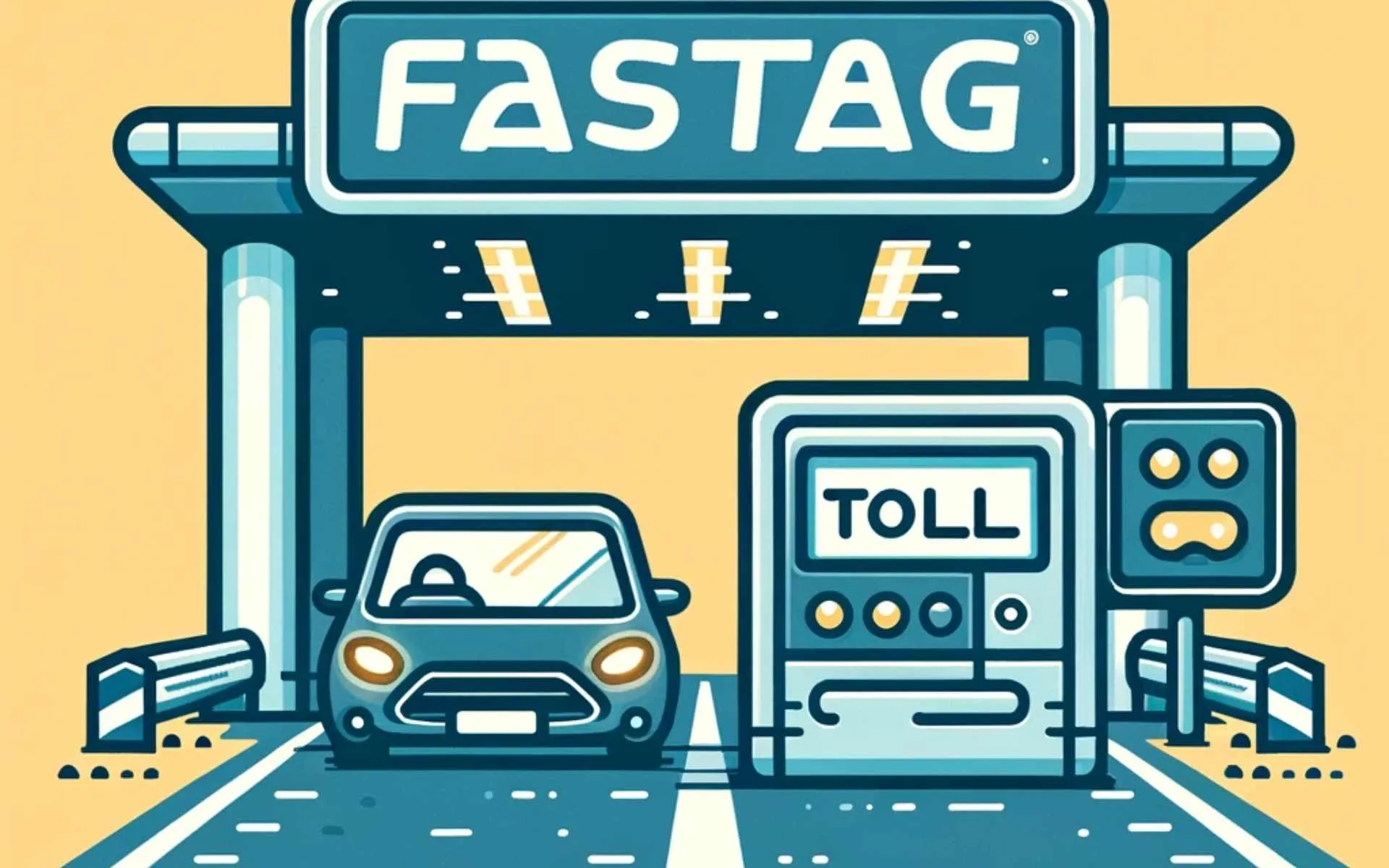Recently, on Feb 08, 2024, Minister of Road Transport and Highways, Shri Nitin Gadkari had talked about the upcoming GPS based toll system where an automated GPS system installed inside the vehicle would facilitate automated toll deduction.
The GPS-based toll collection system would be faster, efficient, environment friendly, cost effective and would reduce dependence on humans.
1. Efficiency and Speed
One of the most immediate benefits of GPS-based toll collection is the significant reduction in congestion at toll plazas. By eliminating the need for vehicles to stop, or even slow down, at traditional toll booths, traffic flow improves dramatically.
This not only saves time for drivers but also contributes to a reduction in fuel consumption and emissions, thanks to the decreased idling and smoother traffic movement.
It is estimated that the average waiting time on toll booths could be reduced to 10 seconds or even lesser. Currently it is 47 seconds as per Times of India. For cash-only toll booths, it used to be around 800 seconds or about 13-15 minutes earlier.
2. Cost-Effectiveness
The operational and maintenance costs associated with physical toll booths are considerable. GPS-based systems, on the other hand, require less physical infrastructure and manpower to manage, translating into lower costs for toll operators.
These savings can then be passed on to consumers or reinvested into further infrastructure improvements.
3. Enhanced Safety
Reducing the need for vehicles to stop at toll plazas also has a positive impact on road safety. The potential for accidents caused by sudden braking or collisions in queueing traffic is significantly lowered, creating safer highways for everyone.
In July 2023, a toll both worker was killed and 2 passengers were injured when a speeding vehicle clashed with the toll booth in Tamil Nadu’s Madurai.
4. Fair Charging
GPS-based toll collection allows for toll charges to be accurately calculated based on the actual distance traveled on the toll road. This ensures a fairer system where users pay precisely for the segments of the road they use, potentially encouraging more efficient use of the road network and facilitating better traffic management.
However, there is an issue of GPS resolution which might lead to unfair deduction when someone uses the service road of highways and not the highway.
5. Administrative Efficiency
The automation of toll collection and processing through GPS technology streamlines administrative tasks. It enables real-time data collection and analysis, improving the accuracy of toll transactions and simplifying the resolution of disputes.
This level of efficiency is beneficial not just for the operators but also for the end-users, who can enjoy a more transparent and user-friendly system.
6. Environmental Benefits
By promoting smoother traffic flow and reducing the need for stop-and-go driving at toll booths, GPS-based toll collection contributes to a decrease in vehicle emissions. This is a step in the right direction towards creating more sustainable and environmentally friendly transportation networks.
7. Scalability and Flexibility
As cities grow and transportation needs evolve, GPS-based toll collection systems offer the scalability and flexibility needed to adapt to changing demands. Whether it’s adjusting toll rates to manage peak traffic or expanding the network to include new roads, these systems can be easily modified to meet future requirements without the need for extensive physical infrastructure changes.


